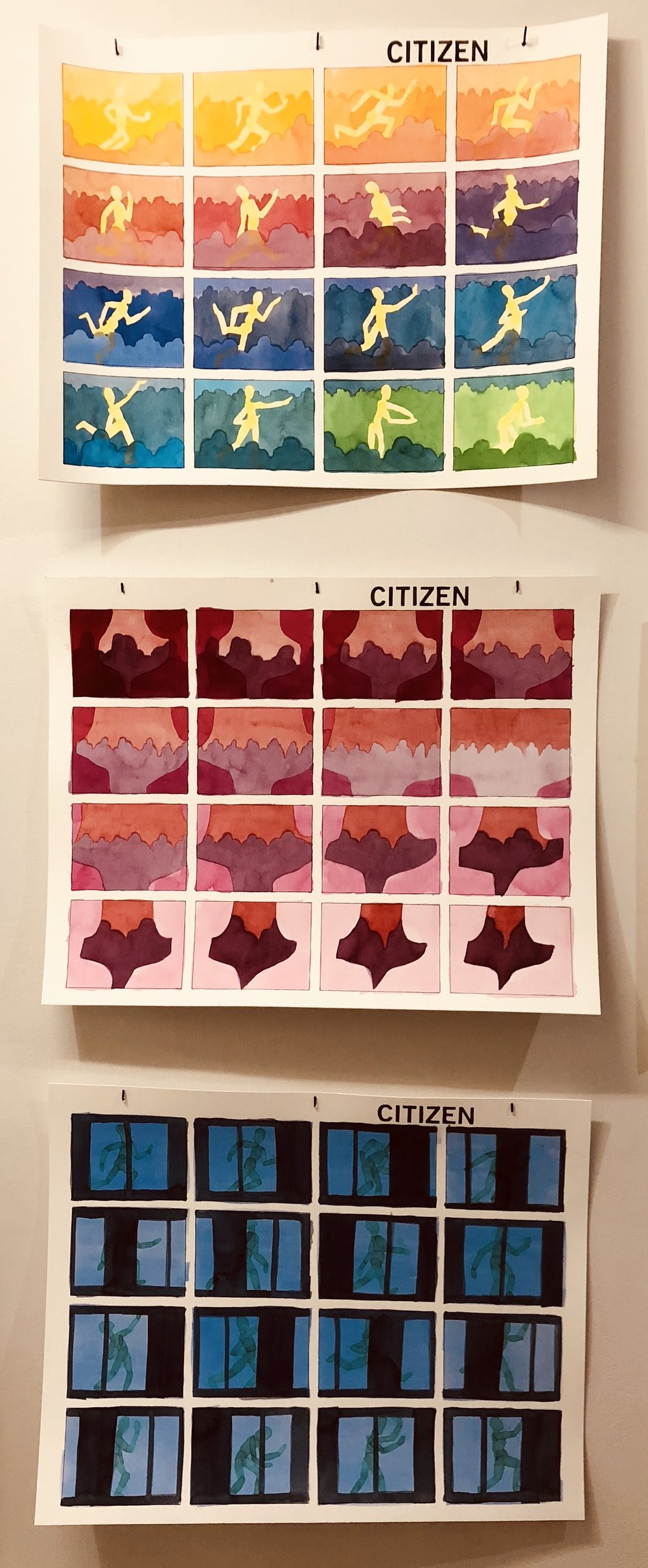Holding European Parliament elections in Northern Ireland after Brexit
It would be an interesting turn of events if the argument of Geoffrey Cox whose aim was to convince the EU to accept UK’s right to unilaterally withdraw from the backstop would lead to enhancing the exercise of the EU citizens’ rights of the local population.
| Suggested Reading | Collaborate | GCCT |
By Nikos Skoutaris
It has been reported that the EU negotiators heard with utter disbelief the UK Attorney General arguing that the Protocol on Ireland/Northern Ireland of the UK Withdrawal Agreement posed a risk to the human rights of the people in that region. Geoffrey Cox expressed his concern that the infamous backstop could breach the right to vote in free elections under Article 3 of Protocol No 1 of the European Convention on Human Rights.
The Protocol on Ireland/Northern Ireland contains swathes of EU law which will bind the UK should the backstop be triggered after the end of the transition period. Concerning Northern Ireland specifically, the region will have to comply with the EU legislation provided by Annex 5 not only as originally enacted but also as amended and replaced. The EU could continue legislating with regard to Northern Ireland and thus influencing the political and economic life of the region without its citizens being able to take part in and influence the EU institutions. According to Geoffrey Cox, such democratic deficit could be breaching the ECHR.
Tacitly, this argument is based on the decision of the European Court of Human Rights in Matthews v UK. In that case, the Strasbourg Court held that by failing to organise European Parliament elections in Gibraltar, the UK was in breach of the aforementioned ECHR provision. It observed that Matthews, as a resident of Gibraltar, was completely denied any opportunity to express her opinion in the choice of MEPs. That was deemed problematic given that the European Parliament was considered to constitute part of the ‘legislature’ of territories such as Gibraltar. The measures adopted by the European legislator according to the Court, affect the local population in the same way as measures passed by the local legislative assemblies.

Given that the EU is not yet a signatory to the ECHR, one has to point out that it is mainly the UK that could be found liable for a breach of that right if a Matthews-style case concerning the backstop would reach the Strasbourg Court. From that point of view, the political strategy behind the argument of the UK Government is at least debatable.
Putting that aside for a moment, the extent to which the lives of the local population would be affected by the decisions of the European Parliament during the backstop has to be questioned as well. It is true that the backstop encompasses elements of dynamic regulatory alignment but this happens mainly in the area of free movement of goods. In contrast, the EEA Agreement contains a much deeper degree of integration without the participation of the people of those countries in the European Parliament elections. Yet a Matthews-style case has not occurred so far.
More importantly, as Marie Demetriou QC has explained in her oral evidence before the House of Lords Select Committee on the European Union,‘there is a quite fundamental difference between the two sets of circumstances. A key difference is that in the Matthews case it was […] open to the United Kingdom to remedy the situation so as to give the Gibraltar citizens a vote.’ In the situation of Northern Ireland, the UK will not be able to organise such elections after Brexit takes place.’
However, even if one considers that such democratic deficit is unacceptable, the proper response should entail the strengthening of the democratic rights of the local population rather than a right for the UK to unilaterally withdraw from backstop. In any case, according to the December 2017 Joint Report, ‘the people of Northern Ireland who are Irish citizens should continue to enjoy rights as EU citizens, including where they reside in Northern Ireland’. According to Articles 20 and 22 TFEU, those rights include their voting rights in European Parliamentary elections.
Interestingly, the CJEU case law does not prohibit an arrangement according to which the residents of Northern Ireland would continue to vote and stand in European Parliamentary elections, even after Brexit. In the CJEU sequel of Matthews, Spain v UK, the question arose of whether the UK could extend to residents of Gibraltar the rights to vote and stand as candidates in European Parliamentary elections. The CJEU noted that
the definition of persons entitled to vote and to stand as a candidate in the European Parliament elections falls within the competence of each Member State in compliance with [EU] law and that [the member states are not precluded] from granting that right to vote and to stand as a candidate to certain persons who have close links to them, other than their own nationals or EU citizens residents in their territory.
This would mean that EU law would not prohibit the Republic of Ireland from extending voting rights for European Parliamentary elections to the residents of Northern Ireland. At the end of the day, a significant number of these residents will continue to hold Irish passports, even after Brexit. Such an arrangement would respect the birthright of ‘all the people of Northern Ireland’ to ‘identify themselves and accept [that they are] Irish or British, or both’.
It would be an interesting turn of events if the argument of Geoffrey Cox whose aim was to convince the EU to accept UK’s right to unilaterally withdraw from the backstop would lead to enhancing the exercise of the EU citizens’ rights of the local population.
Dr Nikos Skoutaris, University of East Anglia, has written extensively on this subject and has just produced an Independent Opinion for the GUE/NGL Group of the European Parliament on a Special Designated Status for Northern Ireland post-Brexit.
This post was first published on the On Secessions, Constitutions and EU law blog and is available by clicking here. The views expressed in this piece do not necessarily reflect those of TransConflict.




















Pingback : TransConflict » April 2019 review